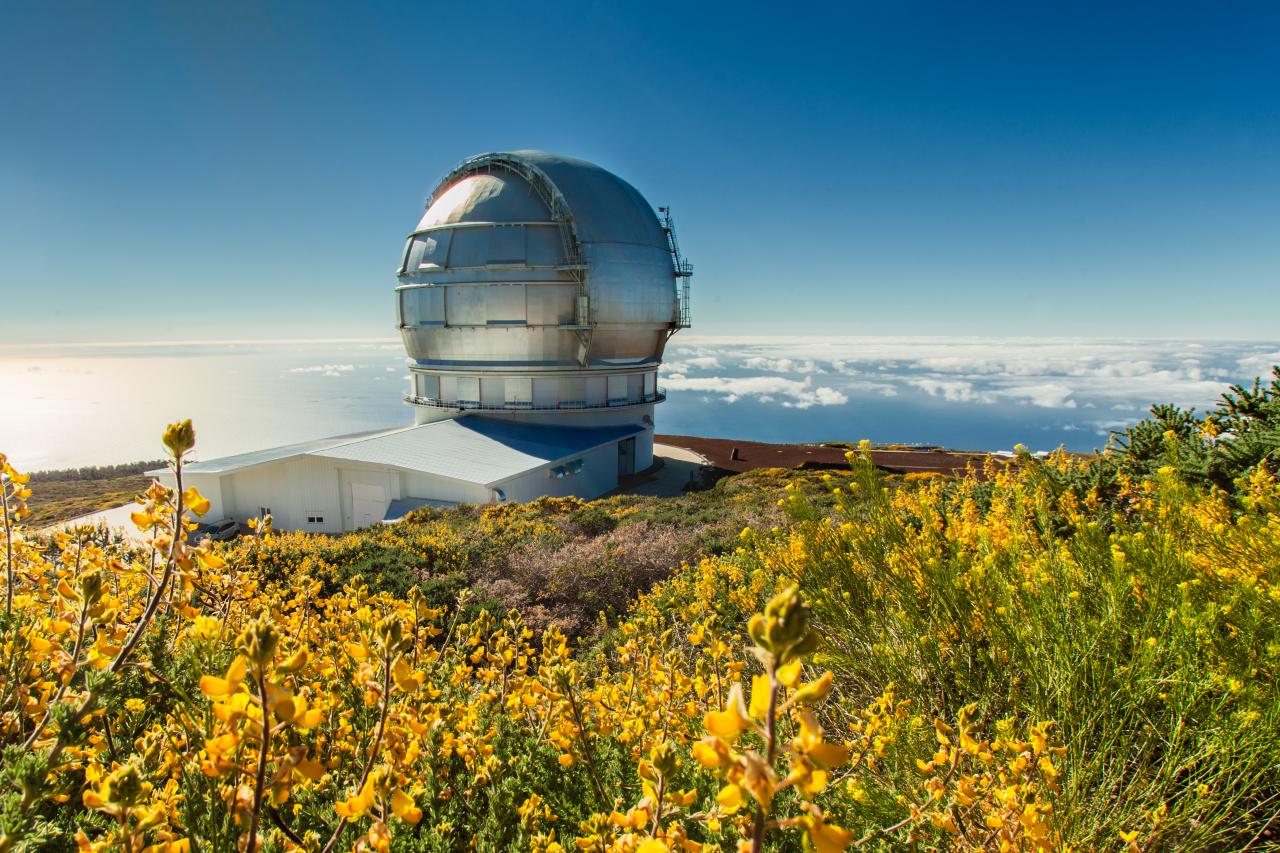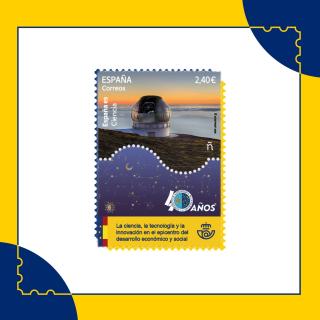The aim of this collaboration is to improve the coordination and the efficiency of the work which the two organizations perform to protect biodiversity in the area of the Roque de los Muchachos, and to ensure a rapid reaction to new threats.
The World Biosphere Reserve and the Instituto de Astrofísica de Canarias (IAC) have worked out a protocol for the prevention, monitoring, and rapid response to species of exotic invading plants, new and recently discovered, which could threaten the conservation of habitats and protected species in the zone of the Roque de los Muchachos Observatory, an area with one of the most complete sets of telescopes in the world.
The President of the World Biosphere Reserve of La Palma, Mariano H. Zapata, explains that this collaborative action is within the framework of the development of the european LIFE initiative, of active protection and integrated management of the Natura 2000 Network, being essential to guarantee the efficiency of the continuous work being carried out in the Island to preserve its ecosystems.
The Director of the IAC, Rafael Rebolo indicated, in this contex, that “the protocol is valid for an inicial period of four years, and will allow us to set up a framework of collaboration between the two bodies in order to protect the environment of the Observatory to the greatest possible degree”.
The same document includes a description of the treatment which must be given to each of the species of flora and fauna included in the National Catalogue of Exotic Invading Species, or which are considered potentially dangerous by the Canary Government, but which so far there is no detected presence in La Palma, but whose appearance there is considered highly probable.
Puttin this plan into practice will permit the achievement of the two goals of the strategy of the European Comission in 2020 to stop the loss of biodiversity and ecosystem services in the EU, such as the protection of the ecosystems and more strict controls of exotic invading species.
In addition, the development of this action protocol is directly related to the development of the 2030 Agenda for Sustainable Development, which aims to ensure the protection of people, the planet and prosperity and with the fulfillment of the Sustainable Development Goals (SDG) a shift towards sustainable development will develop.



